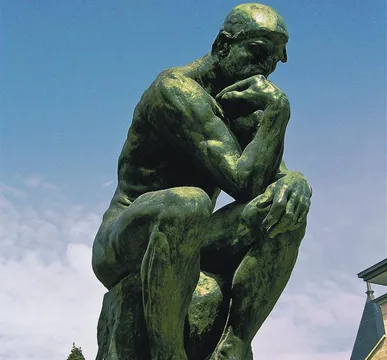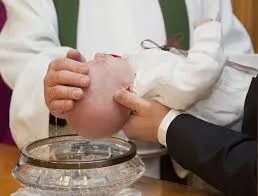
How should we respond to the world’s poorest?
Justin Hall
Date posted: 1 Sep 2023
Living in a post-Covid, post-Brexit UK has been, and will continue to be, challenging. Considering these realities, how is the Christian and the church in the UK to respond to the suffering of the poor, not only in this country, but in other nations too?
There is a fascinating encounter in Acts 10 that shows the gospel door to the Gentiles being flung wide open. What necessitated this glorious opportunity was an encounter in heaven wherein a memorial was brought before God consisting of the prayers of Cornelius, a Roman Centurion, and a copy of his financial records – specifically, that he gave much to the poor. It’s also interesting to note that Cornelius was stationed in the region of Israel during Rome’s occupation. This was not an easy time for anyone, and yet Cornelius’ financial generosity can be seen overflowing to those who were of a different nationality and who, to some degree, were antagonistic and unsupportive of who he was and what he represented.

Auguste Rodin’s Thinker and the works of Christ
R.A. Miller
Date posted: 1 Sep 2023
‘The former treatise have I made, O Theophilus, of all that Jesus began both to do and teach’ (Acts 1:1).
Auguste Rodin is one of the most famous artists of the last few centuries, specifically in the field of sculpting. If you are unfamiliar with his name, perhaps you will recognise his most famous piece, The Thinker. The statue was originally a part of a series of sculptures based on Dante’s Inferno. Initially small in size, The Thinker was eventually recast into the monument-size work that most of us would recognise. Today, different versions of this pensive piece can be found around the world in places like Paris, San Francisco, Buenos Aires, and Stockholm.

When a ‘naming day’ replaces a Christian prayer
Kevin Bettany
Date posted: 1 Sep 2023
A few weeks ago, on a Saturday afternoon in the beautiful countryside setting of Devon, an event involving about 50 friends and family gathered to mark our latest grandson’s birth. Called a ‘naming day’, it represented a kind of non-Christian christening.
Partly, perhaps because paganism pre-dates Christianity, my son and his partner hoped, like themselves, that everyone would be touched by a deeper and more meaningful experience of creation. Obviously, as infants, we would have been present when our parents had us either christened with names or prayed over with thanks to God. This event was markedly different and more interactively engaging than a traditional Christian service. As the ceremony began all those present were recognised as having different religious or non-religious backgrounds. This implied, for me at least, that some unspecified acceptance of religious diversity was expected.